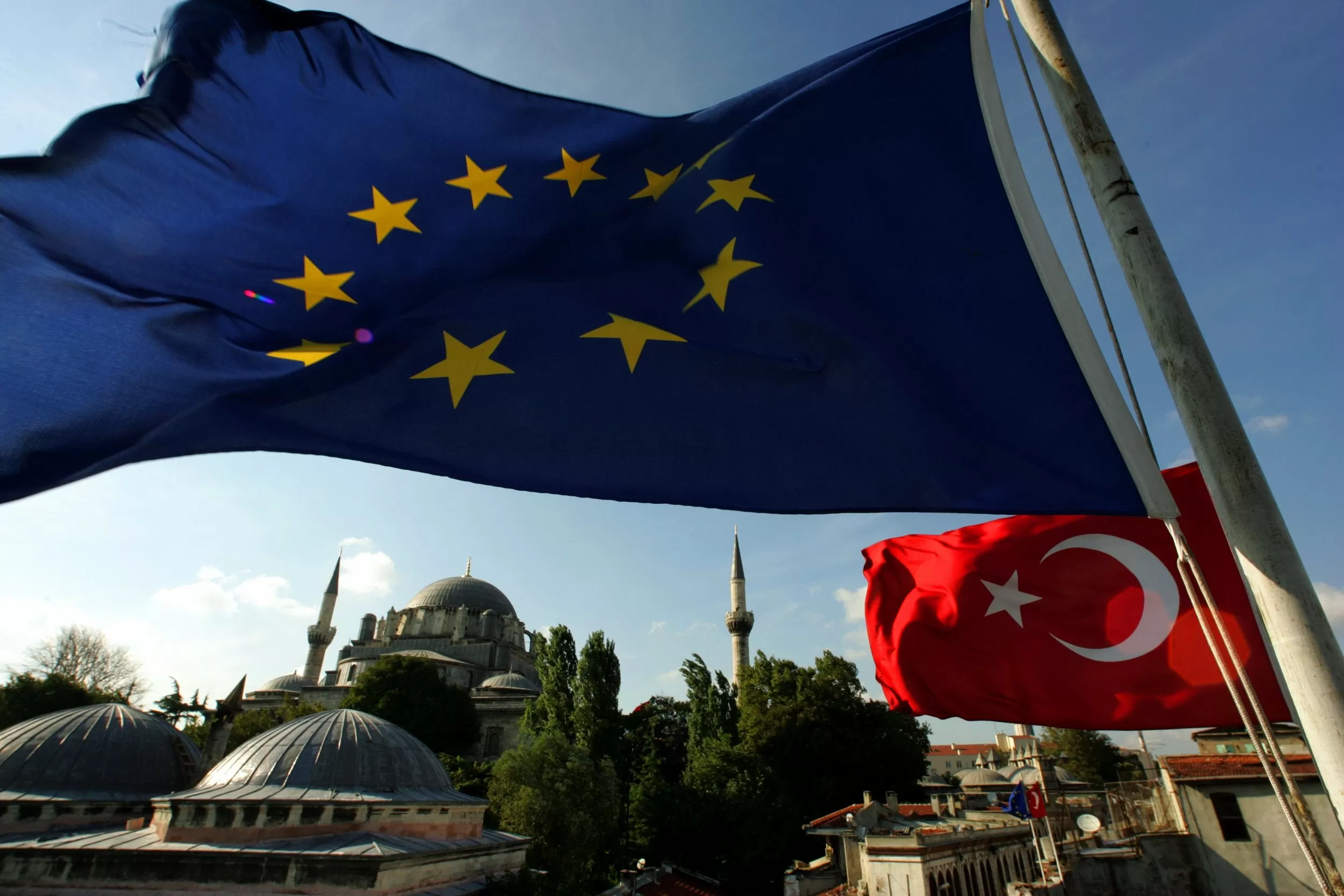Imagine a waltz: two partners, connected yet independent, moving in a complicated yet graceful sequence. This dance closely resembles the relationship between the EU and Türkiye, a partnership that has been evolving for decades.
The European Union and Türkiye have a long history of cooperation and collaboration. Türkiye has been a candidate for EU membership since 1999 and has been actively working towards fulfilling the necessary criteria for accession. This partnership has been beneficial for both parties, as it has allowed for the exchange of ideas, culture, and economic growth.
Just like in a waltz, the EU and Türkiye are two partners who are connected but also maintain their independence. The EU is a union of 27 member states, each with its own unique culture, history, and values. Similarly, Türkiye is a country with a rich history and a diverse population. Despite their differences, both parties have found ways to work together and build a strong relationship.
One of the key aspects of the EU-Türkiye relationship is the Customs Union, which was established in 1995. This agreement has allowed for the free movement of goods between the two parties, resulting in increased trade and economic growth. In fact, the EU is Türkiye’s largest trading partner, and Türkiye is the EU’s fifth-largest trading partner. This partnership has not only benefited both parties economically but has also strengthened their ties and fostered a sense of mutual trust and understanding.
Just like in a waltz, the EU and Türkiye have had their fair share of challenges and obstacles to overcome. However, they have always managed to find a way to keep the dance going. One such challenge was the refugee crisis in 2015, where millions of refugees from Syria sought asylum in Türkiye. The EU and Türkiye worked together to address this crisis, with the EU providing financial support and Türkiye opening its borders to refugees. This cooperation not only helped alleviate the crisis but also showcased the strong partnership between the two parties.
Another significant aspect of the EU-Türkiye relationship is the visa liberalization dialogue. Türkiye has been working towards meeting the necessary requirements for visa-free travel to the EU for its citizens. This would not only facilitate easier travel for Türkiye’s citizens but also strengthen the cultural and social ties between the two parties. The EU has acknowledged the progress made by Türkiye in this regard and has expressed its commitment to continue the dialogue towards achieving this goal.
The EU and Türkiye also share common goals and values, such as democracy, human rights, and the rule of law. Türkiye has made significant progress in these areas, and the EU has been supportive of these efforts. The EU has also provided financial assistance to Türkiye to support its democratic reforms and strengthen its institutions. This partnership has not only helped Türkiye in its journey towards EU membership but has also contributed to the country’s overall development.
In a waltz, the partners move in a complicated yet graceful sequence, each step complementing the other. Similarly, the EU and Türkiye have found a way to work together and complement each other’s strengths. The EU has provided Türkiye with technical assistance and expertise in various areas, such as agriculture, education, and energy. This has helped Türkiye modernize and improve its infrastructure, making it more competitive in the global market.
The EU and Türkiye have also collaborated on various cultural and educational programs, promoting people-to-people exchanges and fostering a better understanding of each other’s cultures. This has not only enriched the lives of individuals but has also strengthened the overall relationship between the two parties.
In conclusion, the relationship between the EU and Türkiye is like a waltz, a dance that requires coordination, trust, and mutual respect. Despite the challenges and obstacles, the EU and Türkiye have managed to maintain a strong partnership, one that has brought numerous benefits to both parties. As they continue to work towards their common goals, the EU and Türkiye will undoubtedly continue to dance together, in harmony and grace.


